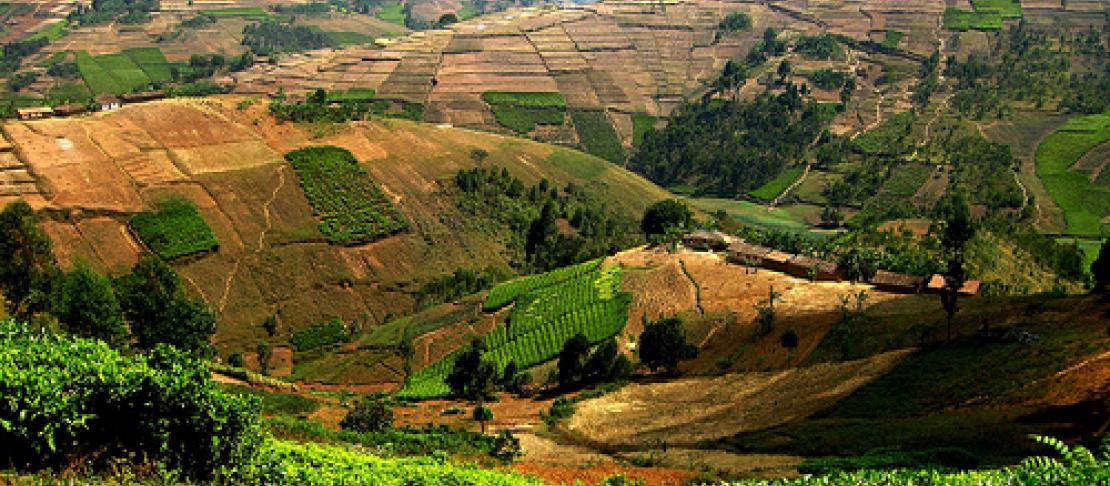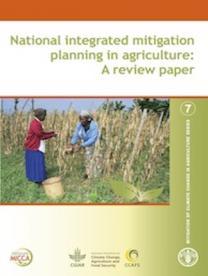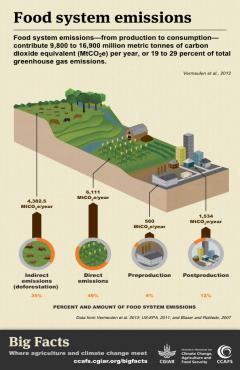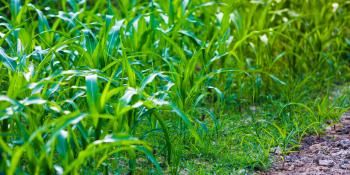Countries reach for food security while reducing agriculture's climate costs

by Timm Tennigkeit and Andreas Wilkes
While there is significant potential for climate change mitigation in the agricultural sector, our recently released research report finds that reducing emissions is also cost competitive.
Many developing countries are actually beginning to recognize low emissions development strategies as a promising pathway to pursue sustainable growth, while protecting their natural capital. Some of them have already prepared low-emission policies and measures in the agricultural sector.
For example, Brazil’s Agro-Energy Plan is supporting mitigation activities aiming at improving agricultural efficiency and trade competitiveness. In Mexico, agricultural mitigation activities aim at reducing the drivers of deforestation.
In East Africa, Ethiopia’s Green Economy Strategy will ensure that their agricultural mitigation activities contribute to food security through more efficient livestock and cropland nutrient management.
'National integrat ed mitigation planning in agriculture: A review paper' is published jointly by the Food and Agriculture Organization (FAO) and the CGIAR Research Program on Climate Change, Agriculture and Food Security (CCAFS).
ed mitigation planning in agriculture: A review paper' is published jointly by the Food and Agriculture Organization (FAO) and the CGIAR Research Program on Climate Change, Agriculture and Food Security (CCAFS).
It reviews national integrated mitigation planning activities in agriculture and the experiences that countries have had with the process.
The review aims to inform policy makers and advisers involved in low-emission development planning processes about ongoing agricultural mitigation actions in developing countries, highlighting the potentials, challenges and emerging best practices. It provides an overview of ongoing planning in the agriculture sector and in particular highlights the relevance of agriculture to national mitigation plans and actions.
Read more: National mitigation actions in agriculture put under microscope in new brief
Why include mitigation within agriculture?
Low-emission development in agriculture is important since agriculture contributes an estimated 10-12 percent of global greenhouse gas emissions. This estimate does not however take into account the contributions of food production to emissions in other sectors such as energy or transport.
What is the total greenhouse gas footprint of the whole food system? Check CCAFS Big Facts site.
In addition, agriculture is a driver of deforestation and other land use changes that contribute an estimated 17 percent of total global emissions.
In our review, we found that developing countries have considered the synergies between agricultural mitigation and a range of other development objectives, for example increased food security, reduced deforestation, reduced water pollution and heightened adaptation to climate change.
For the agriculture sector, however, low emission development is closely interlinked with the challenge to support these development objectives.
In fact, barriers to adoption may be more diverse than in other sectors, and will need to be adequately addressed.
We also found that about 40 percent of the Nationally Appropriate Mitigation Actions (NAMAs) submissions include agricultural activities. However, agriculture has only received a very small proportion of climate financing, which is a major contraint for this sector's low emission development.
Read the report for a complete review of our findings: National integrated mitigation planning in agriculture: A review paper, by Timm Tennigkeit, Andreas Wilkes and Katalin Symosi. The Food and Agriculture Organization of the United Nations (FAO) and the CGIAR Research Program on Climate Change, Agriculture and Food Security (CCAFS).
Timm Tennigkeit and Andreas Wilkes are working at UNIQUE forestry and land use on climate change related analytical work and land use investments. Timm Tennigkeit will also speak at CCAFS upcoming side event at the Bonn climate conference on 4 June, 18:30, Room: RAIL. This story was edited by Cecilia Schubert.


